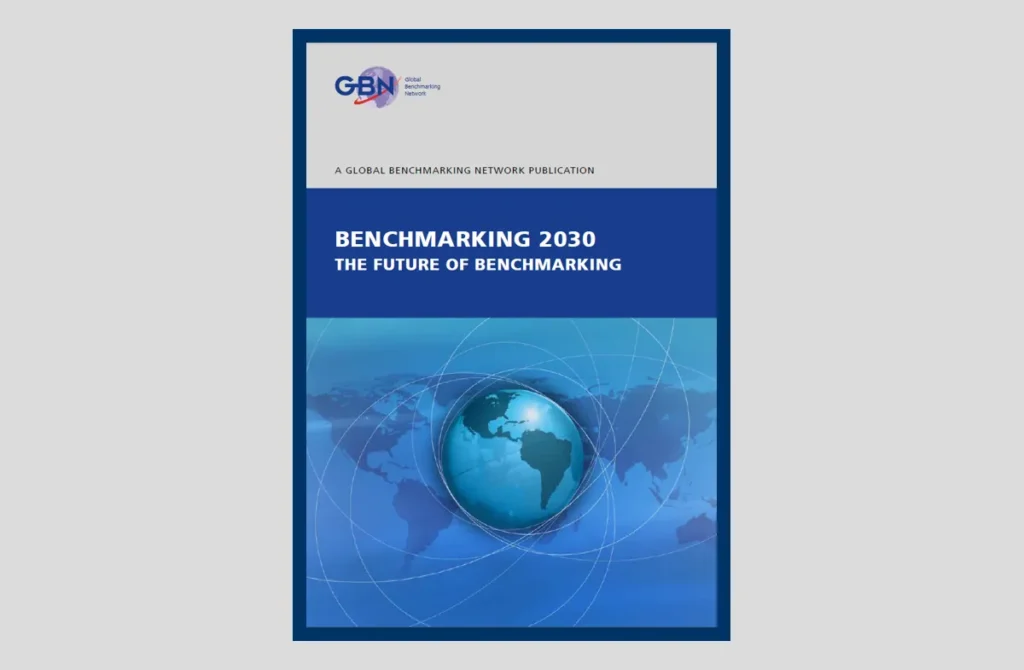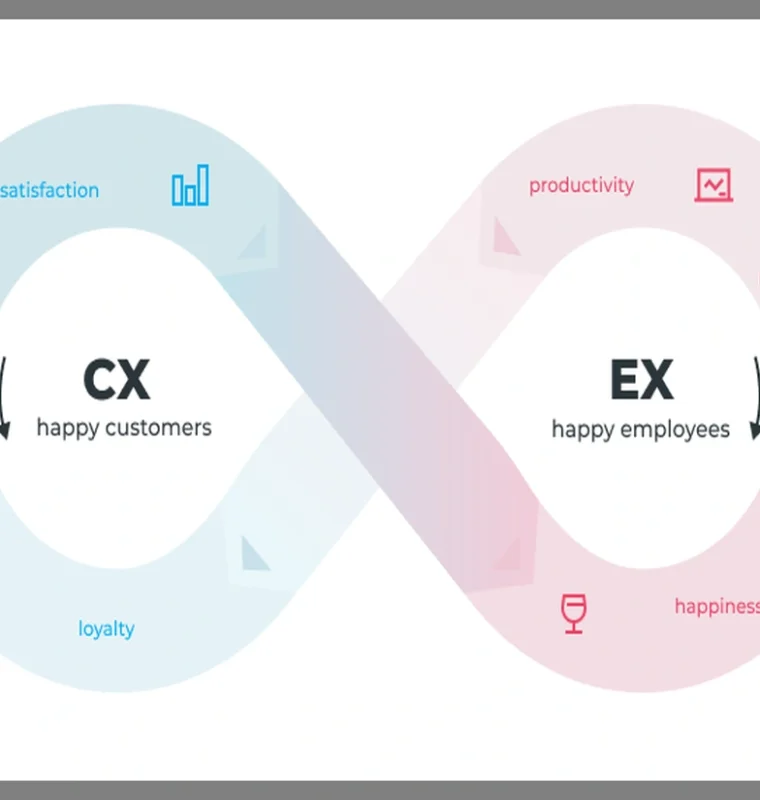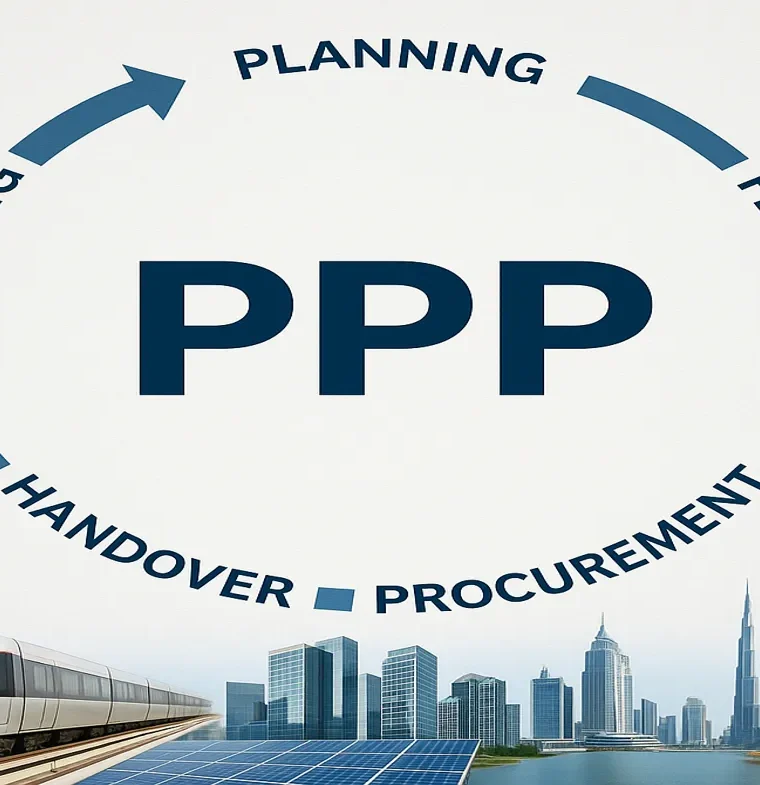Overview of the Report
“Benchmarking 2030: The Future of Benchmarking” is a comprehensive foresight study issued by the Global Benchmarking Network (GBN). It explores how benchmarking practices are expected to evolve by the year 2030, especially in response to global megatrends and increasing demands for collaboration, innovation, and sustainability across sectors.
The report synthesizes extensive research conducted through literature reviews, surveys of benchmarking practitioners across 20 countries, expert roundtable discussions, and feedback from member organizations. It aims to position benchmarking not only as a business improvement tool but as a strategic enabler of systemic change in both private and government sectors.
Issuing Authority
The report is authored and published by the Global Benchmarking Network (GBN)—an international alliance of benchmarking centers from over 25 countries. The initiative was led by Bruce Searles (Australia), Dr. Robin Mann (New Zealand), and Dr. Holger Kohl (Germany), with contributions from global thought leaders and practitioners in the field.
Strategic Significance
This report is important for several reasons:
- It presents benchmarking as a proactive response to global shifts—economic, environmental, technological, and demographic.
- It positions GBN as a central platform for promoting the responsible use of benchmarking to support innovation, transparency, and global knowledge sharing.
- It sets a vision for integrating benchmarking more closely with social value creation, particularly in sustainability and government sector performance.
- It raises key questions for leaders, including how to validate best practices, foster innovation without imitation, and better connect people and systems to shared knowledge.
Key Recommendations
The report outlines several strategic directions for GBN and the broader benchmarking community:
1. Elevate the Role of Structured Benchmarking
- Promote formal benchmarking as a disciplined methodology for performance improvement.
- Strengthen integration with business excellence, innovation, and sustainability frameworks.
2. Leverage Technology for Informal Benchmarking
- Build virtual benchmarking platforms using lessons from social media networks.
- Enable practitioners to connect across borders, sectors, and professions.
3. Expand to Government and Non-Profit Sectors
- Support benchmarking in government, education, and social impact organizations.
- Facilitate cross-sectoral collaboration to accelerate learning and knowledge transfer.
4. Institutionalize Values and Standards
- Encourage values such as transparency, cooperation, and accountability.
- Explore certification models and codes of conduct for benchmarking professionals.
5. Strengthen the Role of GBN
- Position GBN as the global reference point for benchmarking standards, training, and resources.
- Promote collaboration among member organizations while offering scalable solutions for SMEs and emerging markets.
Application to the Local Context
For government and private entities operating in the GCC or MENA region, this report provides actionable insights:
- Government Sector Integration: Benchmarking can serve as a mechanism for aligning government service delivery with international best practices, particularly in healthcare, education, and sustainability initiatives.
- SME Development: The emphasis on clusters and shared resources aligns with the region’s push to support SMEs. Benchmarking can be introduced through sectoral partnerships or chambers of commerce.
- Sustainability and Vision Alignment: The report’s call to integrate benchmarking with sustainability strategies directly supports national visions such as the UAE Vision 2031, Saudi Vision 2030, and broader ESG agendas.
- Digital Transformation: The use of digital benchmarking tools is relevant for smart government initiatives. Entities can adapt existing social platforms or develop sector-specific benchmarking portals tailored to local needs.
- Capacity Building: There is an opportunity to develop national-level certification programs in benchmarking based on global models such as TRADE or GBN frameworks, supporting institutional excellence efforts.


















